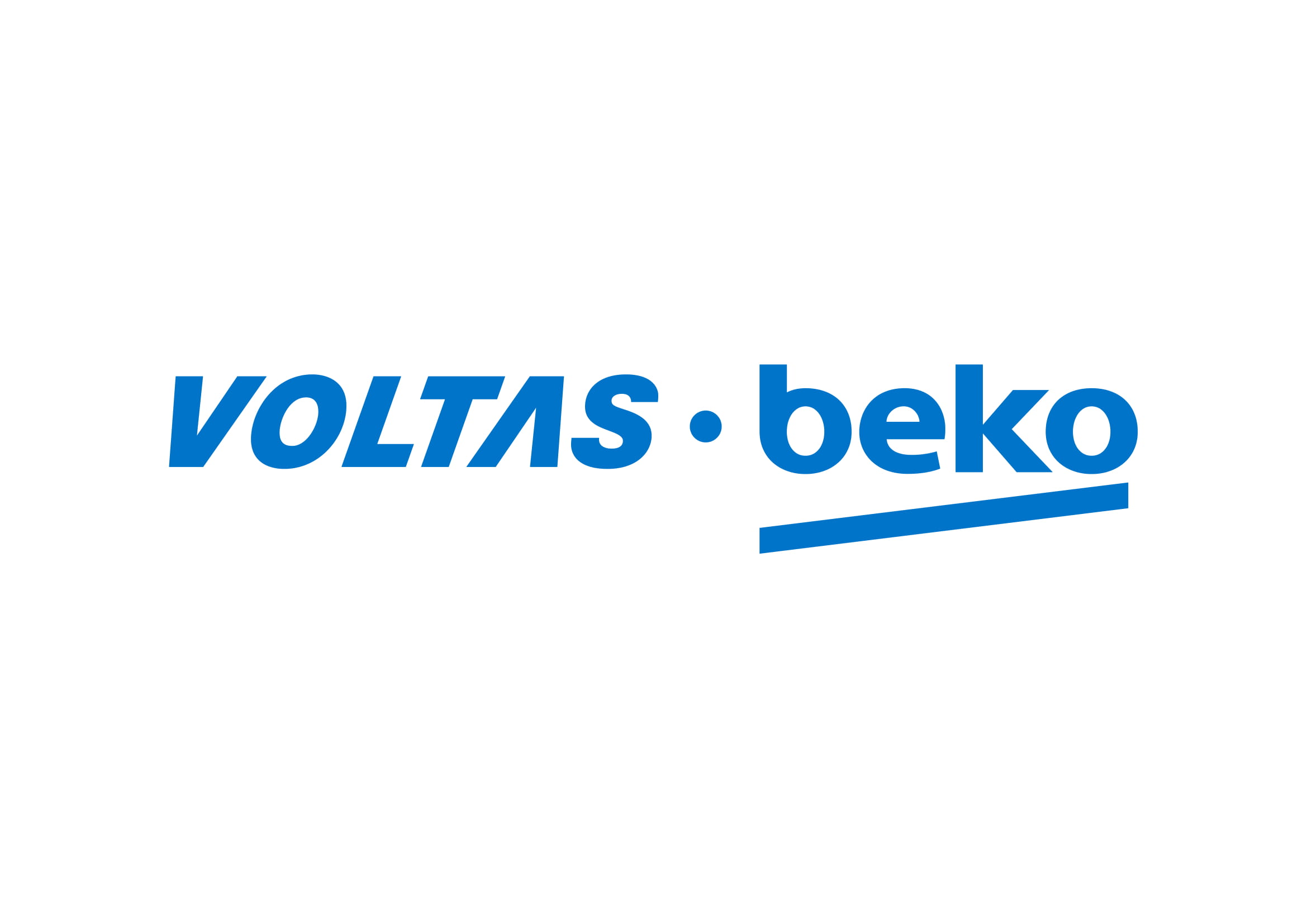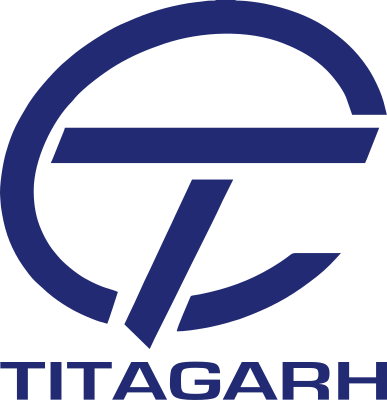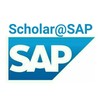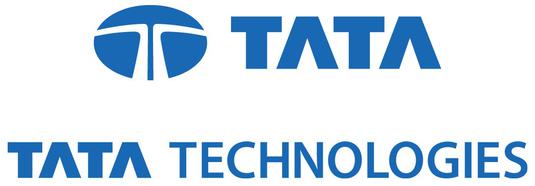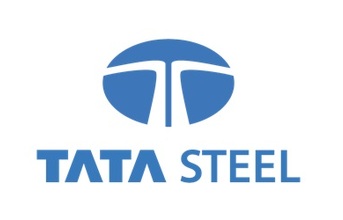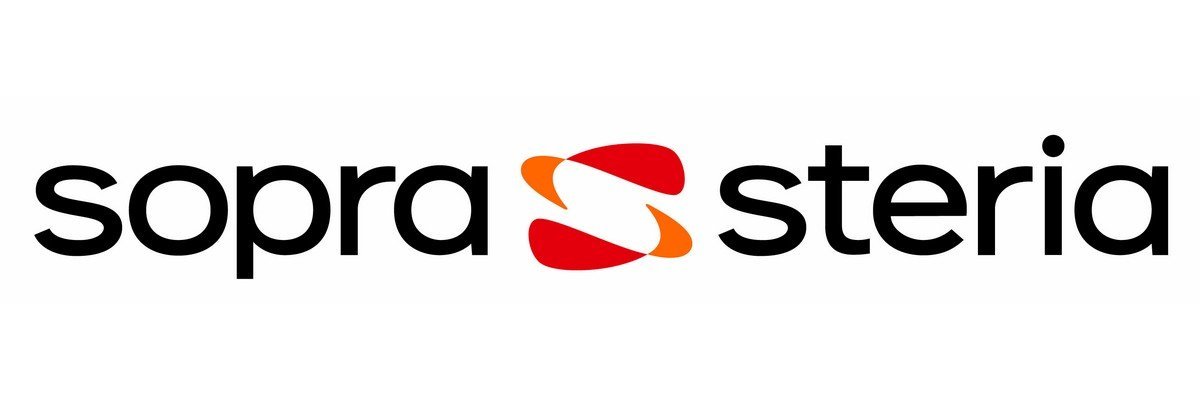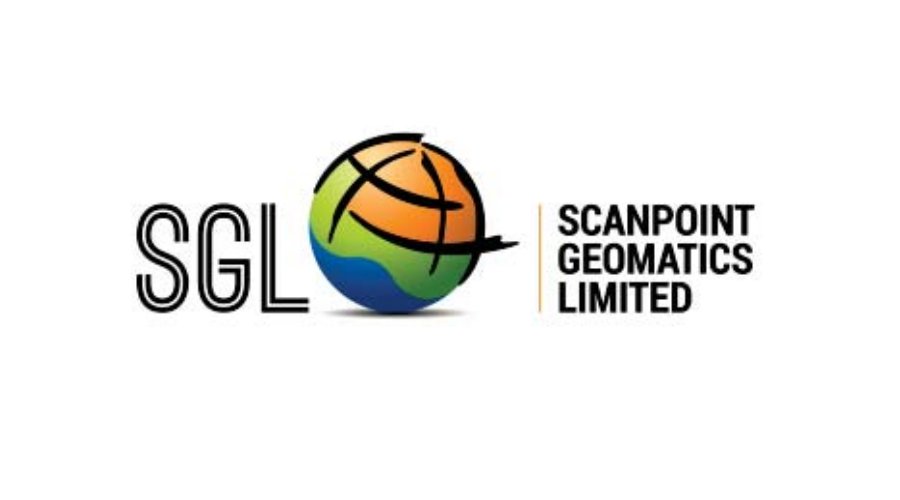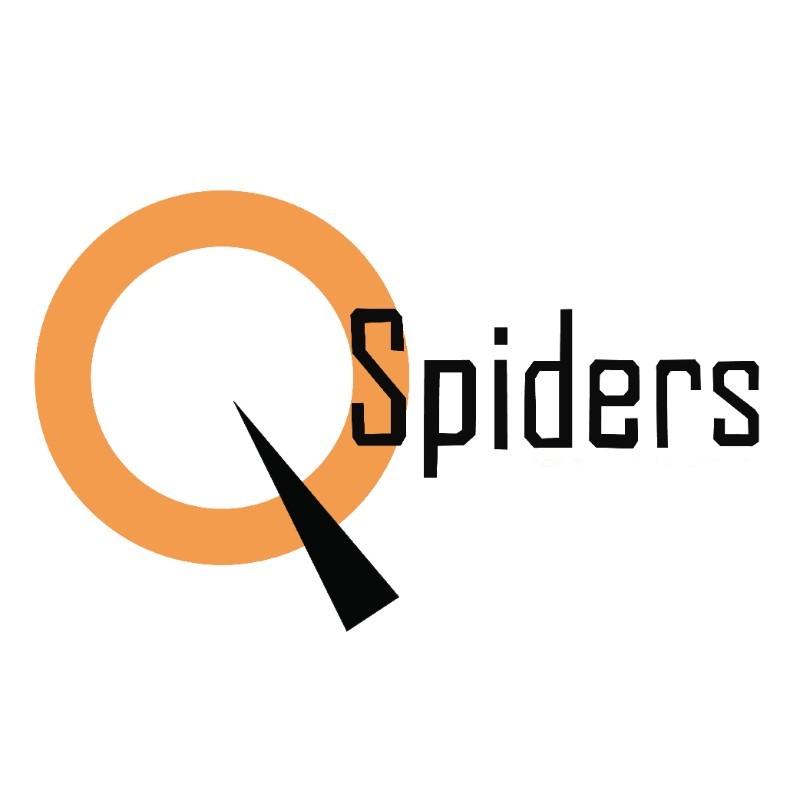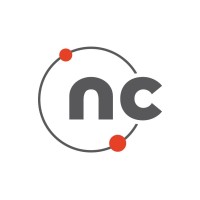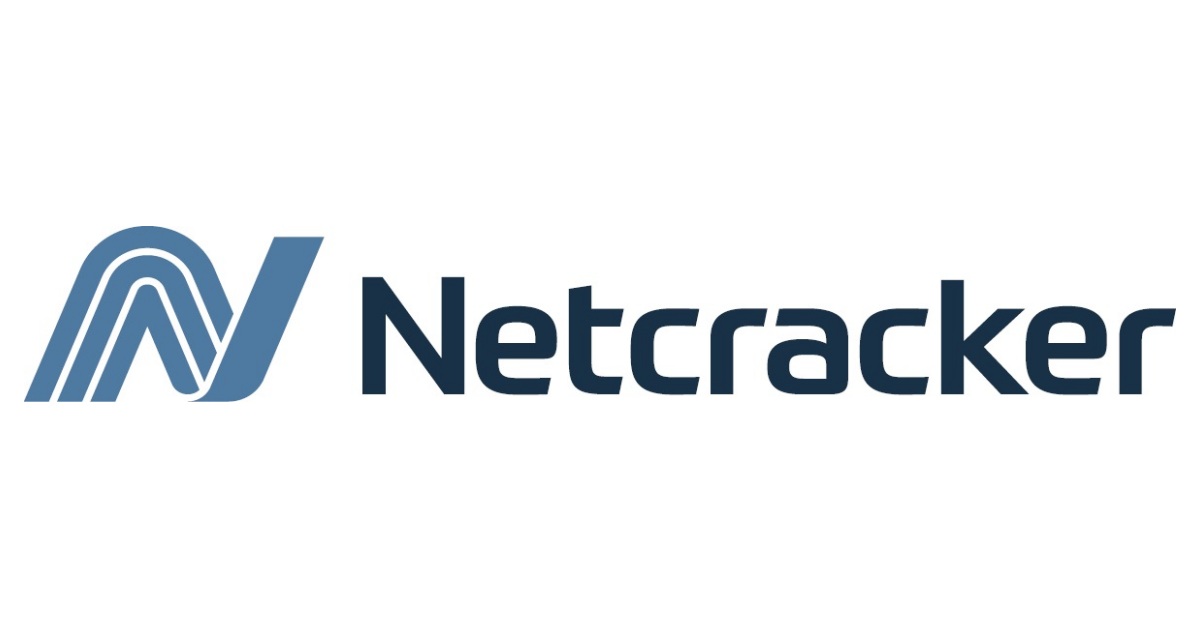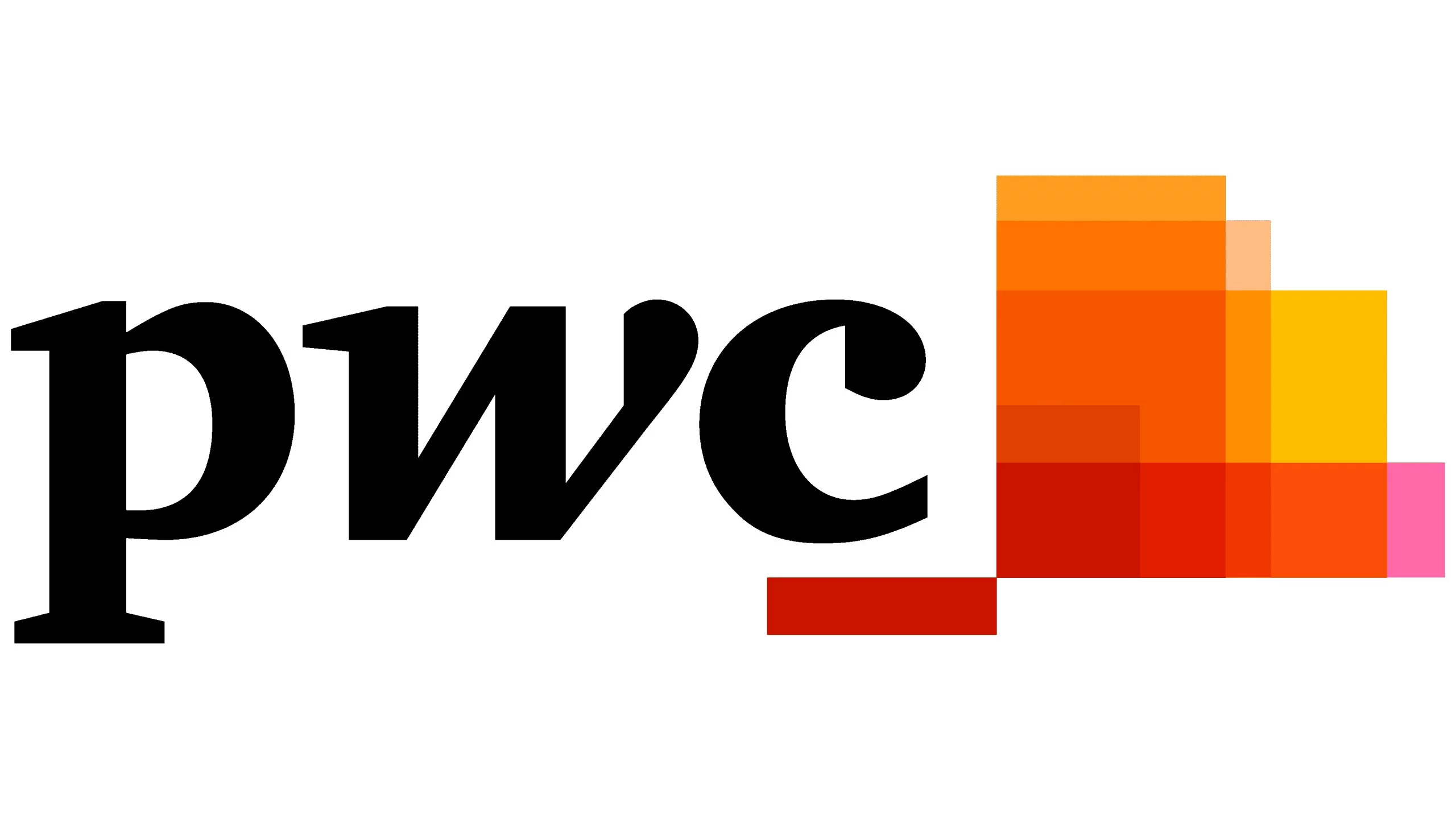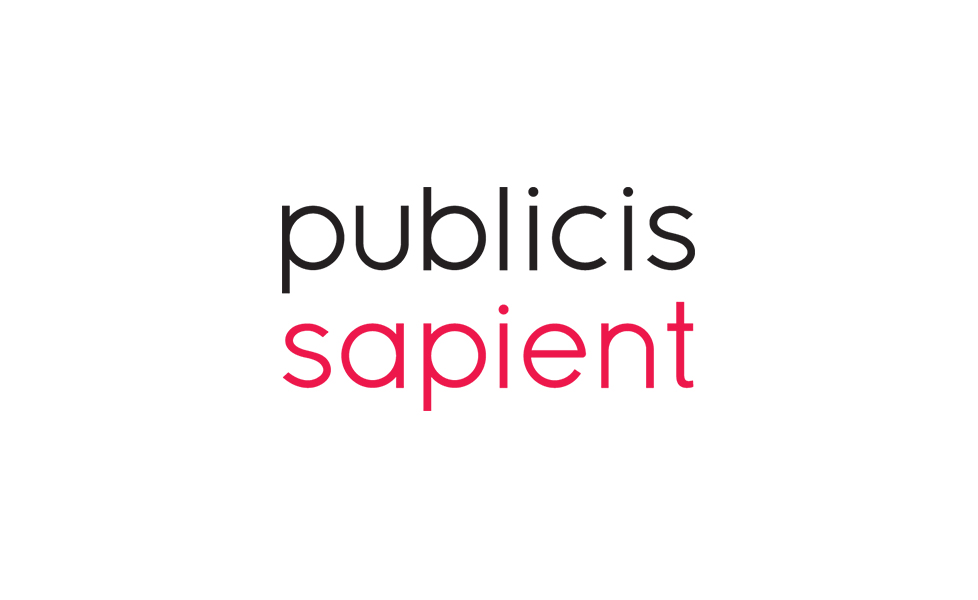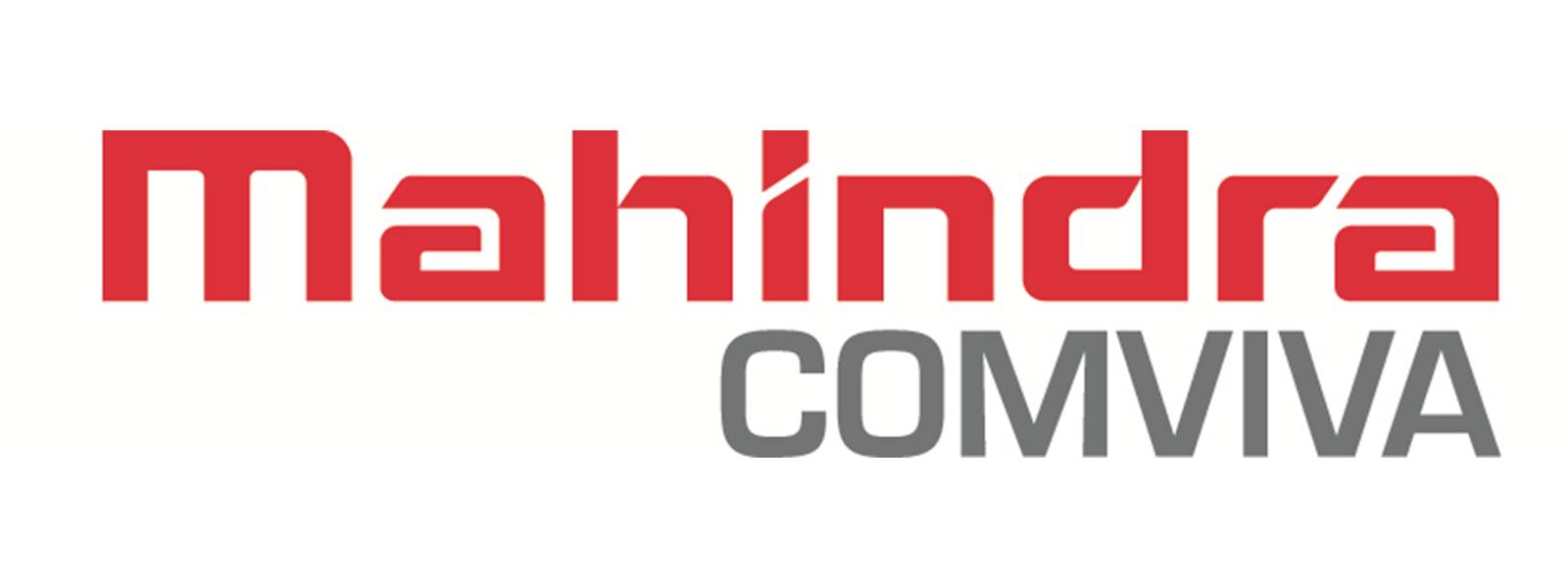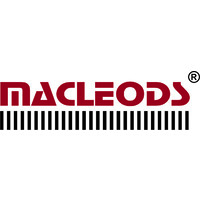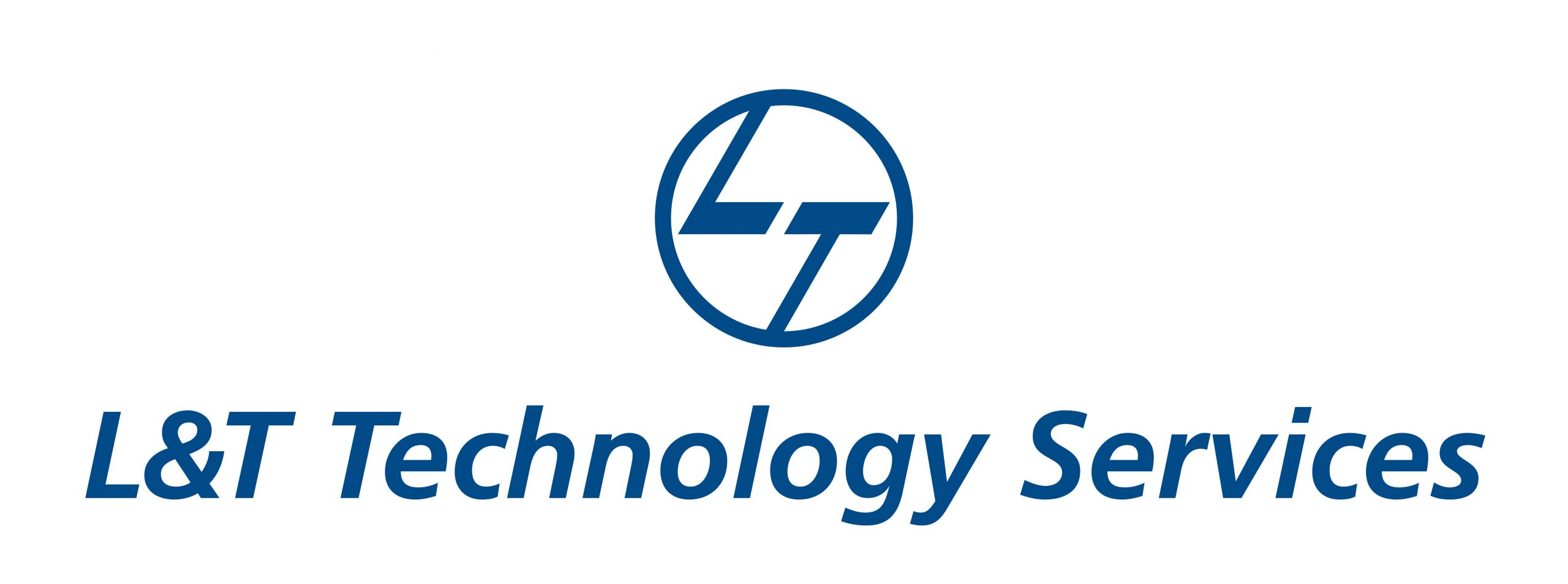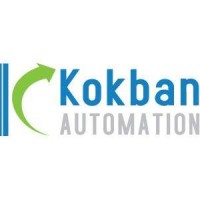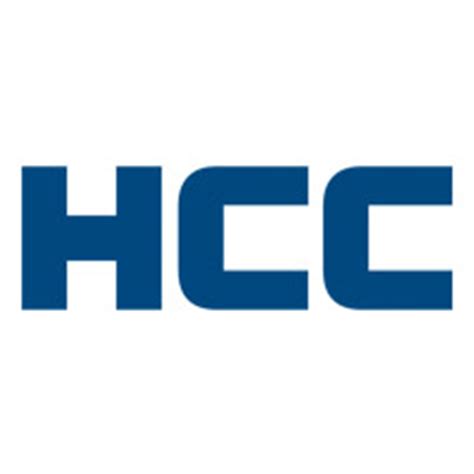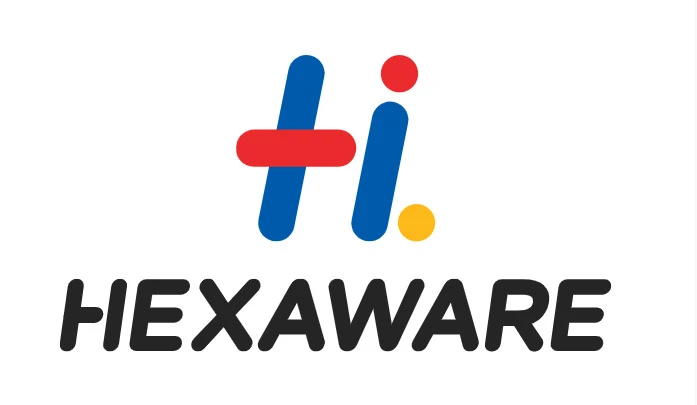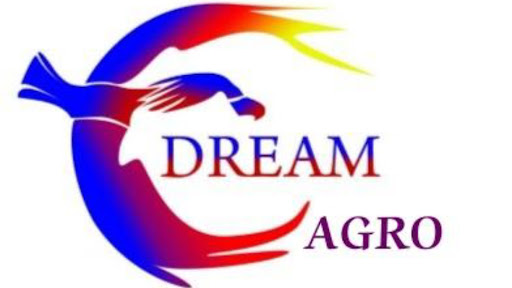Overview
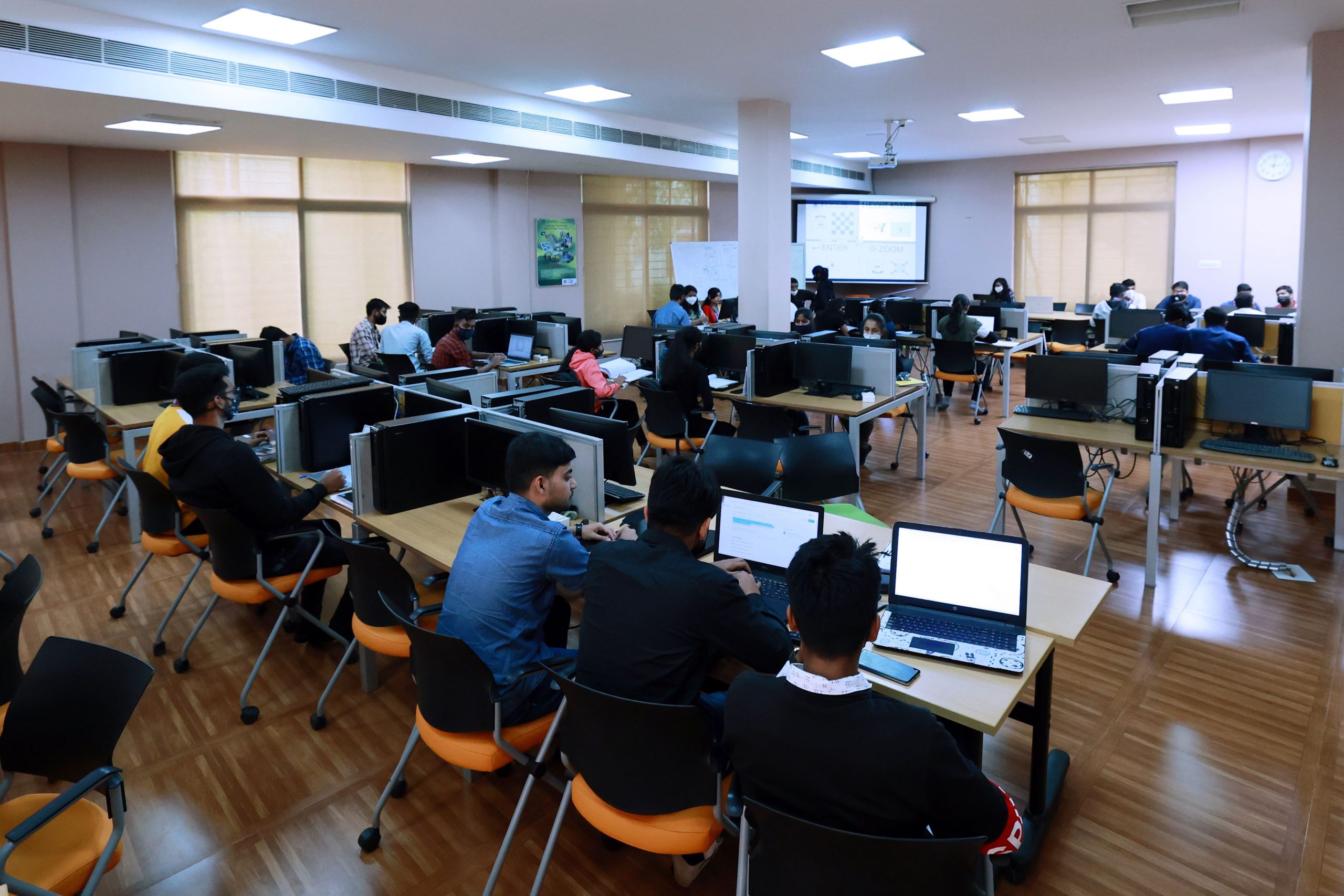
Program Educational Objectives (peo’s)
PEO1
Have significant opportunities in various service domains at National and International levels like teaching, research, software, banking, insurance, government jobs, consultancy, defence, industry and entrepreneurial pursuit.PEO2
Achieve peer recognition as an individual or as a team member having specialized knowledge and expertise to investigate, formulate, analyze and implement problems of pure, applied and computational mathematics to compete at global level.PEO3
Have leadership quality to handle all kind of circumstances in diversities by providing interdisciplinary and multidisciplinary learning environment.PEO4
Have continuous learning attitude to adopt new skills and techniques to overcome the problems related with new technologies.PEO5
Inculcate value system while working in a team assigned with an important targets they will contribute through their critical thinking and mathematical competence holding the ethical values.
Program Outcomes (PO’s)
PO1
Apply knowledge of mathematics and computing to become competent professionals at global level.PO2
Identify and solve complex scientific problems using mathematical and computational skills.PO3
Apply the mathematical complex problems based on scientific principles for the analysis and interpretational data.PO4
Select, design and apply appropriate computational techniques to solve and models physical problems.PO5
Apply and improve the mathematical modelling to predict the effect of environment changes and contribute to the sustainable development.PO6
Implement ethical principles and responsibilities of a mathematician to serve the society.PO7
Communicate effectively through soft skills, report writing, documentation and effective presentations.PO8
Perform as an individual and as a member or leader in diverse teams in multidisciplinary settings.PO9
Engage in independent and lifelong learning in the broadest context of science and technological changes.PO10
Enhance and adopt skills required for higher order employment or jobs through activities such as seminar, dissertation, workshops and conferences.PO11
Successfully crack the national and international level competitive examinations.PO12
Apply and implement mathematical/ statistical tools to analyze the data.
SYLLABUS
Semester - 1
| Sl.No. | Code | Subject | Category | Credits | Credits | Hrs/ Week | ||
|---|---|---|---|---|---|---|---|---|
| L | P | T | ||||||
| 1 | MTH61301 | Real & Complex Analysis | PC | 4 | 0 | 0 | 4 | 4 |
| 2 | MTH61302 | Probability & Statistics | PC | 4 | 0 | 0 | 4 | 4 |
| 3 | MTH61303 | Discrete Mathematics | PC | 4 | 0 | 0 | 4 | 4 |
| 4 | MTH61304 | C++ and Data Structure | PC | 3 | 0 | 0 | 3 | 3 |
| 5 | MTH62301 | Data Base Management System Laboratory | PC | 0 | 2 | 1 | 3 | 4 |
| 6 | MTH62302 | C++ and Data Structure Laboratory | PC | 0 | 2 | 0 | 2 | 3 |
| Total: | 15 | 4 | 1 | 20 | 22 |
Semester - 2
| Sl.No. | Code | Subject | Category | Credits | Credits | Hrs/ Week | ||
|---|---|---|---|---|---|---|---|---|
| L | P | T | ||||||
| 1 | MTH61305 | Topology | PC | 4 | 0 | 0 | 4 | 4 |
| 2 | MTH61306 | Numerical Analysis | PC | 4 | 0 | 0 | 4 | 4 |
| 3 | MTH61307 | Abstract Algebra | PC | 4 | 0 | 0 | 4 | 4 |
| 4 | MTH61308 | Design & Analysis of Algorithm | PC | 4 | 0 | 0 | 4 | 4 |
| 5 | MTH62303 | Design & Analysis of Algorithm Laboratory | PC | 0 | 2 | 0 | 2 | 3 |
| 6 | MTH62304 | Numerical Analysis (Computational Method) Laboratory using C/C++ | PC | 0 | 2 | 0 | 2 | 3 |
| Total: | 16 | 4 | 0 | 20 | 22 |
Semester - 3
| Sl. No. | Code | Subject | Category | Credits | Hrs/ Week | |||
|---|---|---|---|---|---|---|---|---|
| L | P | T | Credits | |||||
| 1 | MTH61309 | Differential Equations | PC | 4 | 0 | 0 | 4 | 4 |
| 2 | MTH61310 | Linear Algebra | PC | 3 | 0 | 0 | 3 | 3 |
| 3 | MTH614AA | Elective – I | PE | 4 | 0 | 0 | 4 | 4 |
| 4 | MTH614BB | Elective – II | PE | 3 | 0 | 0 | 3 | 3 |
| 5 | MTH624XX | Elective Laboratory-I | PE | 0 | 2 | 2 | 3 | |
| 6 | MTH62601 | Project-I | MP | 0 | 4 | 0 | 4 | 6 |
| Total: | 14 | 6 | 0 | 20 | 23 |
Semester - 4
| Sl.No. | Code | Subject | Category | Credits | Credits | Hrs/ Week | ||
|---|---|---|---|---|---|---|---|---|
| L | P | T | ||||||
| 1 | MTH61311 | Machine Learning | PC | 3 | 0 | 0 | 3 | 3 |
| 2 | MTH614CC | Elective – III | PE | 3 | 0 | 0 | 3 | 3 |
| 3 | MTH614DD | Elective - IV | PE | 3 | 0 | 0 | 3 | 3 |
| 3 | MTH62602 | Project – II | MP | 0 | 11 | 0 | 11 | 17 |
| Total: | 9 | 11 | 0 | 20 | 26 |
Laboratories
Eligibility Criteria
M.Sc.
| M.Sc. | Passed bachelor degree (with Hons.) in the relevant field with at least 60% marks in aggregate. Candidates applying for M.Sc in Biotechnology must have passed graduation with honours in Biotechnology, Botany or Zoology with 60% marks in aggregate. |
|---|
Brand Association
Career path you can choose after the course
This course opens the door to many possible careers.
Research
Teaching
Jobs in Software Industry
Banking
Insurance Sector





